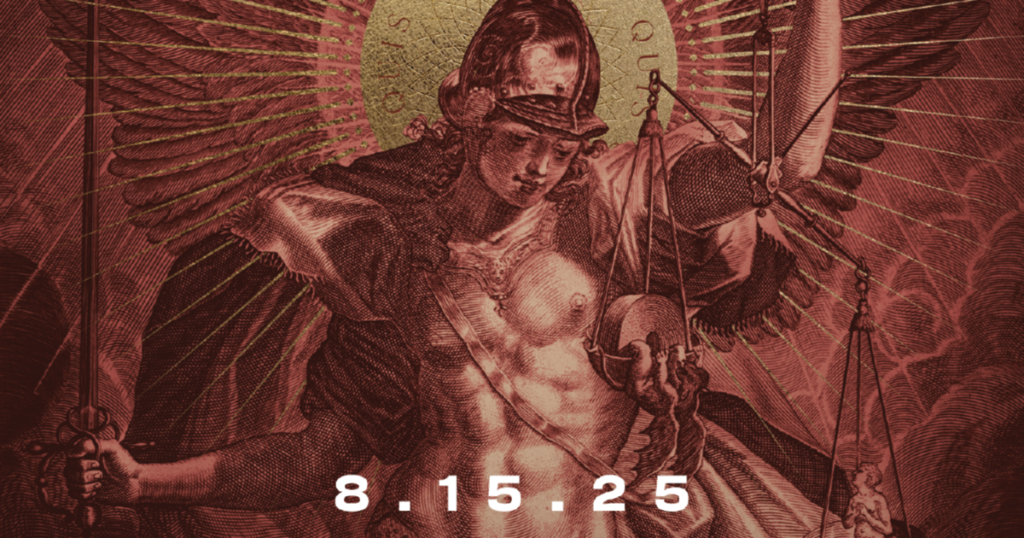For Sunday, April 9th, 2023
Reading
On the first day of the week, Mary of Magdala came to the tomb early in the morning, while it was still dark, and saw the stone removed from the tomb. So she ran and went to Simon Peter and to the other disciple whom Jesus loved, and told them, “They have taken the Lord from the tomb, and we don’t know where they put him.” So Peter and the other disciple went out and came to the tomb. They both ran, but the other disciple ran faster than Peter and arrived at the tomb first; he bent down and saw the burial cloths there, but did not go in. When Simon Peter arrived after him, he went into the tomb and saw the burial cloths there, and the cloth that had covered his head, not with the burial cloths but rolled up in a separate place. Then the other disciple also went in, the one who had arrived at the tomb first, and he saw and believed. For they did not yet understand the Scripture that he had to rise from the dead.
John 20:1-9
Reflection
When the apostles hear the good news of the Resurrection from Mary Magdalene, Peter and John race to the tomb. As theologians have told us, John runs faster because he represents love in the Church. Whereas Peter comes more slowly as he represents authority in the Church and, as such, John allows Peter to enter the tomb first. This story, along with its symbolism, gives us several things to think about—both as we celebrate Easter today and get ready to live out this season with renewed boldness, announcing the good news to others in word and deed.
Our first point of reflection is that the authority in the Church is very important. John’s allowing of Peter to enter first is a sign of how, in our leadership roles, we should want to be in harmony with those above us. Concerning the Church’s authority, St. Ignatius of Antioch wrote to the Magnesians around 110 AD:
Take care to do all things in harmony with God, with the bishop presiding in the place of God, and with the presbyters in the place of the council of the apostles, and with the deacons, who are most dear to me, entrusted with the business of Jesus Christ, who was with the Father from the beginning and is at last made manifest.
Ignatius used the musical term “harmony” to describe what our relationship to the Church’s hierarchy ought to be. Another useful description of this relationship is the image of the Body of Christ that St. Paul used (see 1 Corinthians 12:12-27). Either way, you see that what you do for Christ is not your action alone; rather, it is part of a bigger group which is led by an authority. And in your own domestic church—your home—this reminds you what your authority is. It is not simply about “being first” or “making decisions”; rather, it’s about making sure the business of Jesus Christ is done.
Our second point of meditation is that although love must give way to authority, it is the thing that will make us travel the fastest. We can become so caught up in questions about authority that we lose focus on the business of Jesus: communicating his love to others so that they may experience it and then, in turn, communicate it to more people. There is no doubt that we have a crisis of authority in many ways among both Christians and the world at large. But it goes hand in hand with a crisis of love. Love, we are told in the first book of Peter, “covers a multitude of sins” (1 Peter 4:8). Love also drives people to act much faster than appeals to authority. In your prayer today, meditate on the authorities you report to as well as the authority God has given you. How have you responded to proper authority? Begrudgingly? Disrespectfully? How have you exercised it? With gentleness? With strength? And how have you shown the love that drives people to accept authority and accept the truth about Jesus? In your time of silent prayer, think of ways in which you may have failed to accept and distribute these twin gifts of authority and love that God bestows on Christians.
Is it time for your Exodus? Learn more here.








